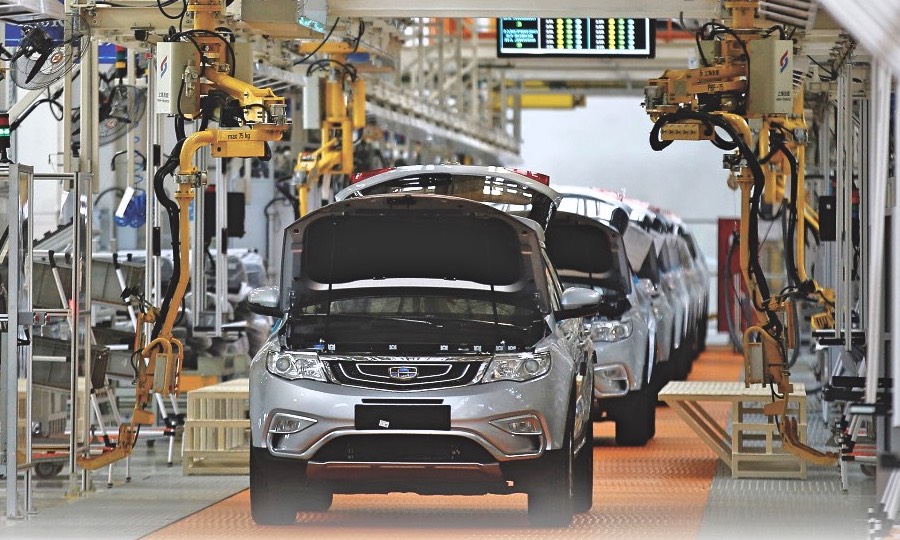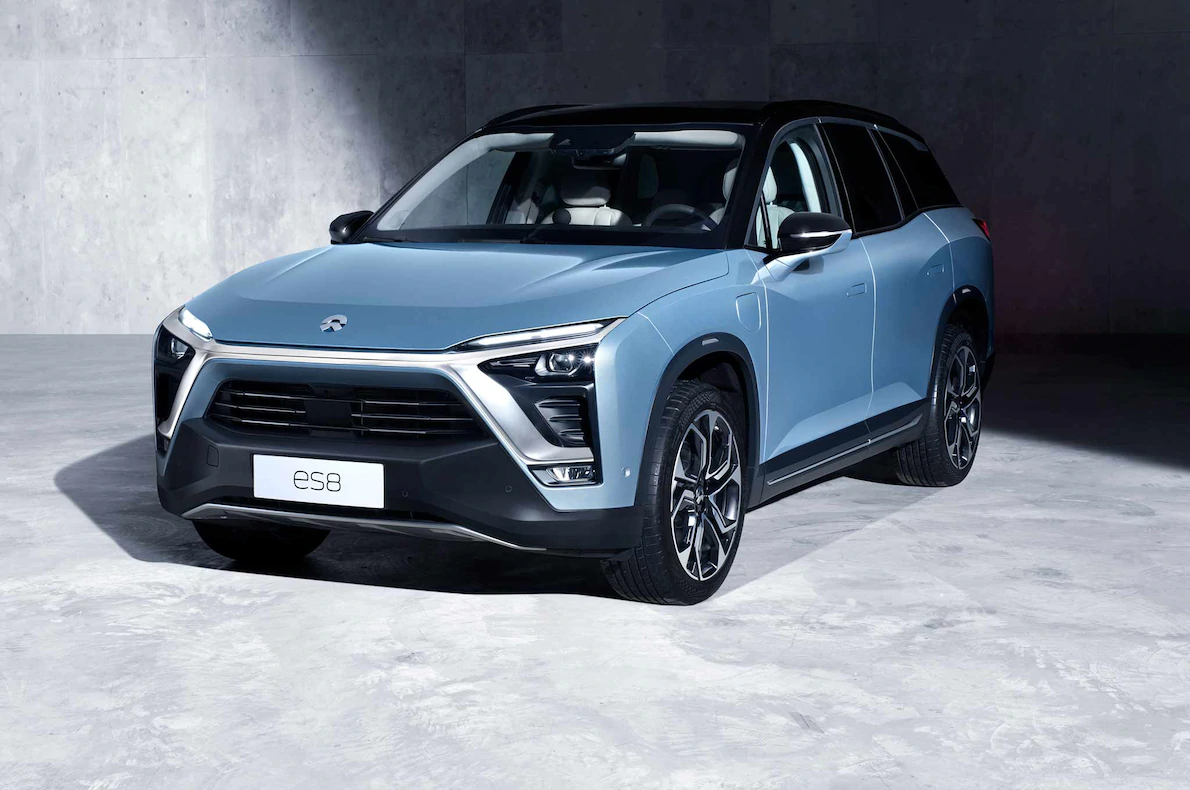Despite Heated Tariff Discussions, Chinese Automakers Still Focused On the U.S.
President Trump’s announcement via Twitter regarding a tariff increase from 10 to 25 percent on $200 billion of Chinese goods came as a surprise to many last Monday. Trump’s tweets were quickly followed by a global panic, resulting in a $13 billion and $1.36 trillion loss in US and global stocks respectively. However, as trade tensions between the United States and China flare, Chinese automakers remain unfazed, and continue to set their eyes on fully entering the U.S. car market by their late 2020 target.
The Chinese car market is larger than that of the United States or Europe. Eventually, it will be larger than both combined. This will have a meaningful impact on the car market’s future since the automaker with the largest customer base has the advantage to shape and adapt to a Western consumers’ preferences. Since the US and European car markets are not getting any bigger, this leaves China with one option left—they’re going to have to take their counterparts’ shares of the market for themselves.
But if Chinese car companies are serious about global expansion, there’s a few adjustments they are going to have to make. The first is that they need to establish a physical presence in the United States. The pioneers of Chinese-sold brands in the US are going to be those who have already planted themselves on US soil before production. Companies such as Zotye have already recruited a handful of US industry veterans and 120 dealers ready to help launch their first vehicle, the T600 crossover SUV, into the US by late 2020. Zotye claims that they will be the first Chinese company to sell cars in America under their Chinese brand name.
Next, Chinese automakers will need to manufacture sizable vehicles sold at an affordable price, while also offering the most comprehensive coverage. An early April blog post highlights the way consumer preference shifts when prices on cars are adjusted, and what portion of their income households are willing to allocate towards car payments. A handful of Chinese automakers have closely followed the trend towards larger vehicles like SUVs and minivans, and have already introduced their lower-cost models at international car shows this year. Zotye’s aforementioned T600 is expected to be retailed at a minimum of $45 thousand with an optional sportier trim, and six different color ways. Nio’s seven-passenger SUV, the ES8, will be the company’s first model ready for a full scale production. The ES8 will be retailed at $65 thousand and be considered the Tesla Model X’s first true rival. But in order for these cars to have a successful launch and tenure in the US market, volume strategy will be a key component to their success. China’s economy has the capacity to build up to 41 million cars per year, at a 20% lower cost than most cars sold in the US, but this number will most likely need to reconsidered with the new import tariff effective Friday.
The last adjustment they will have to make is obviously navigating their way around this new tariff hike. Michael Dunne, CEO of Chiense automotive adviser ZoZo Go, believes that the tariff is a “decoy” and specifically a direct threat to China’s electric car industry because “technology is what the trade negotiators are working on”. China owns the lion’s share of the electric car market. Last year, China sold more than 1.2 million electric cars globally, and 360,000 in the US, mainly because of Tesla. To ensure that they retain leadership of this industry, the Chinese government has invested $100 billion and has demanded that at least 10% of their vehicle sales be electric. But with the tariff increase going into effect this Friday, it will certainly be interesting to see how China’s electric car makers respond to this obstacle.
Per Bloomberg, Chinese automakers and suppliers have spent over $31 billion to spearhead their American takeover. In a 2018 Autolist poll, out of the 1,200 surveyed, 49 percent of people said a Chinese-made car would not affect their purchasing decision, while 21 percent were unsure. The reality is that President Trump’s newly imposed tariff increase will definitely impede Chinese automaker production, but that certainly isn’t going to stop one of the world’s largest economies from accomplishing a goal that has been years in the making.


